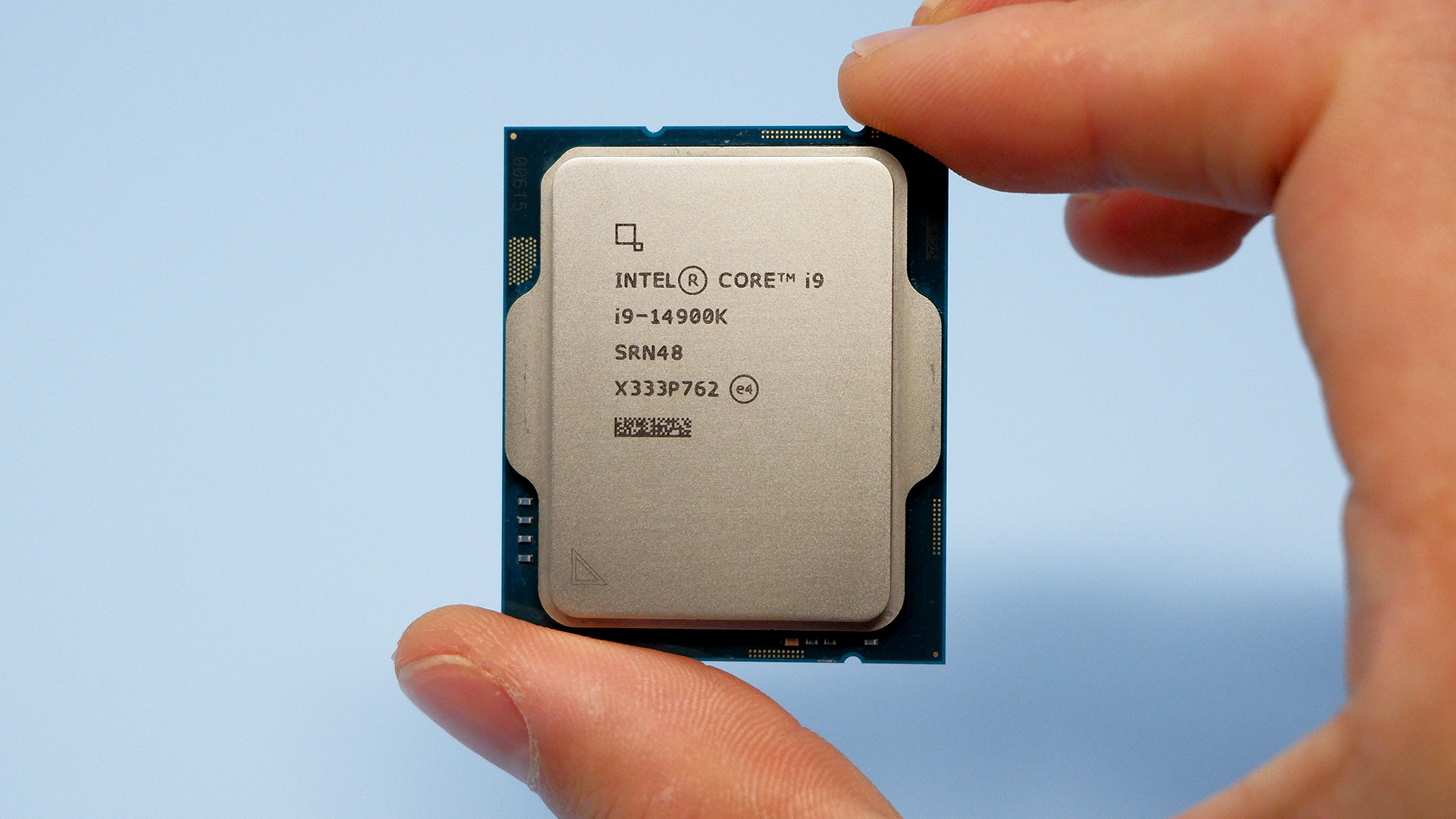
Many PC gamers have been waiting with bated breath for a real non-bandaid fix for Intel 13th and 14th Gen instability issues. After months of reported problems, investigations, and workarounds, in July Intel finally said it had cracked the issue and would be rolling out a BIOS microcode fix come mid-August. It looks like the first of these are now officially rolling out from MSI and Asus.
MSI reports that it's releasing BIOS updates for Intel 600- and 700-series motherboards with a 0x129 microcode update to "mitigate the instability."
There are also apparent 0x129 BIOS updates on the Asus ROG forum for Asus motherboard users to download, but these haven't yet been pushed to official support pages like some of MSI's updates have.
The previous interim 0x125 updates that motherboard vendors were rolling out messed with voltages, specifically eTVB (enhanced Thermal Velocity Boost) settings, to keep things ticking over safely until a root-cause fix could be delivered. This latest 0x129 microcode update, it would seem, is supposed to be that root-cause fix.
Here are the "first batch" of motherboards MSI has rolled out the latest BIOS update for:
- MEG Z790 GODLIKE MAX
- MEG Z790 ACE MAX
- MPG Z790 CARBON MAX WIFI II
- MPG Z790 CARBON WIFI
- MAG Z790 TOMAHAWK MAX WIFI
- Z790MPOWER
If your motherboard isn't on this list, however, don't worry. MSI says that all 600- and 700-series mobos will receive the BIOS update "by the end of August."
To check whether your motherboard has got the update, visit its official msi.com page and go to Support -> Drivers & Downloads -> Firmware/BIOS.
I can't yet confirm what exactly this microcode update does other than to say it will presumably fix the "elevated operating voltage" that's the root cause of the instability issues.
Unfortunately, however, this microcode won't reverse any damage already caused by elevated voltages on affected CPUs. In such cases, you'll be expected to make use of the warranty, which has now been extended.
We'll be testing the 0x129 microcode update ourselves and will let you know how it tinkers with the latest high-end Intel CPUs as soon as we do.







